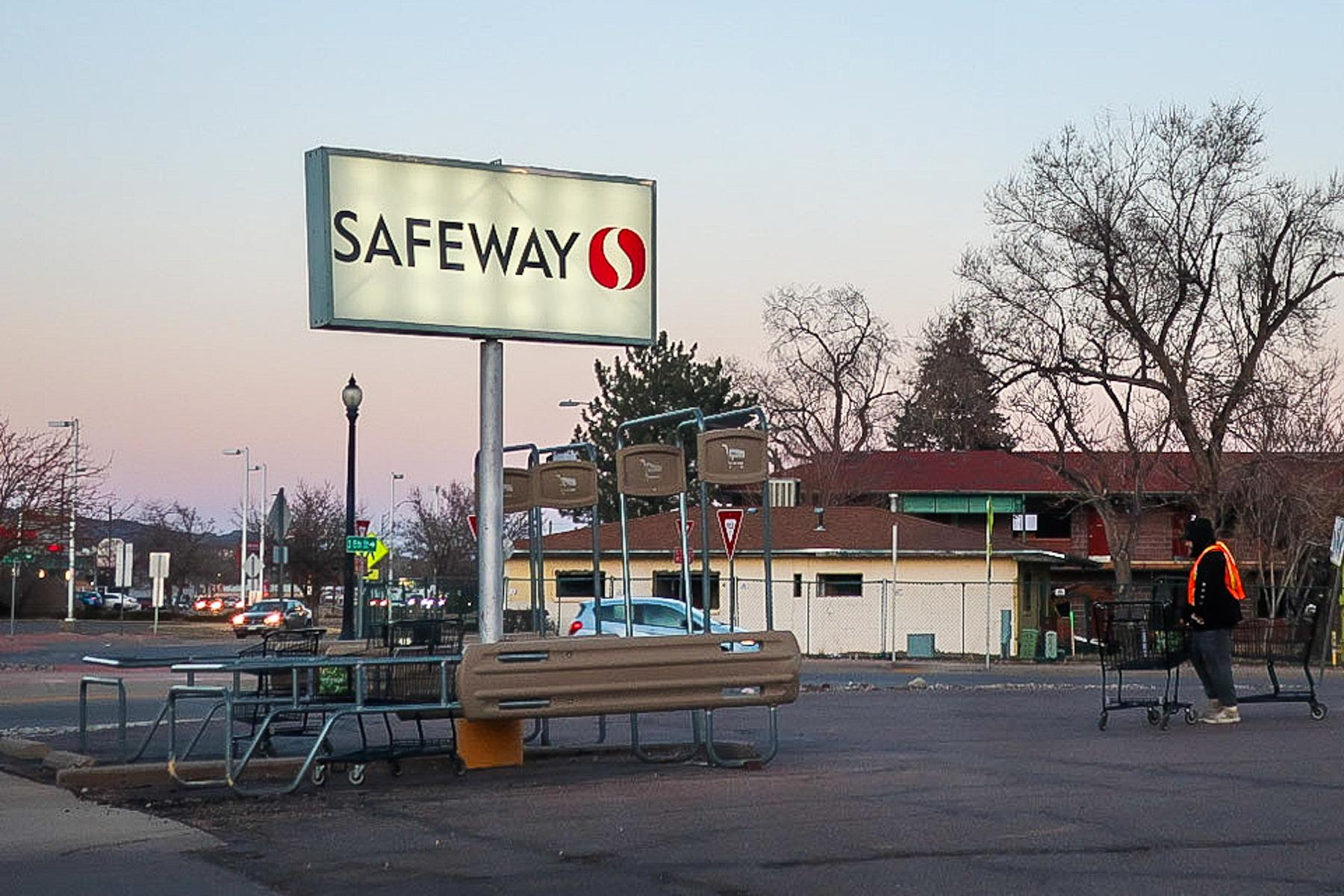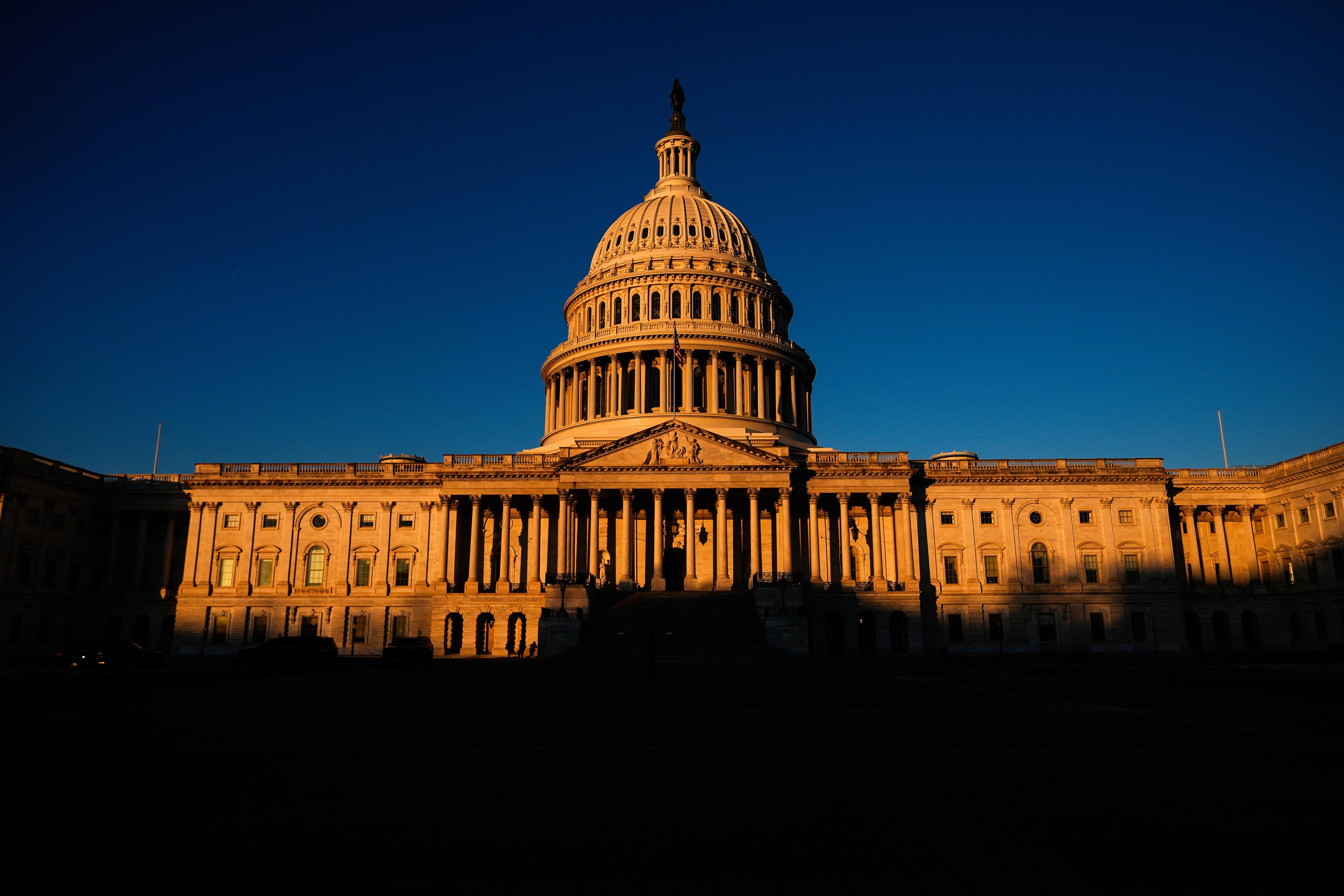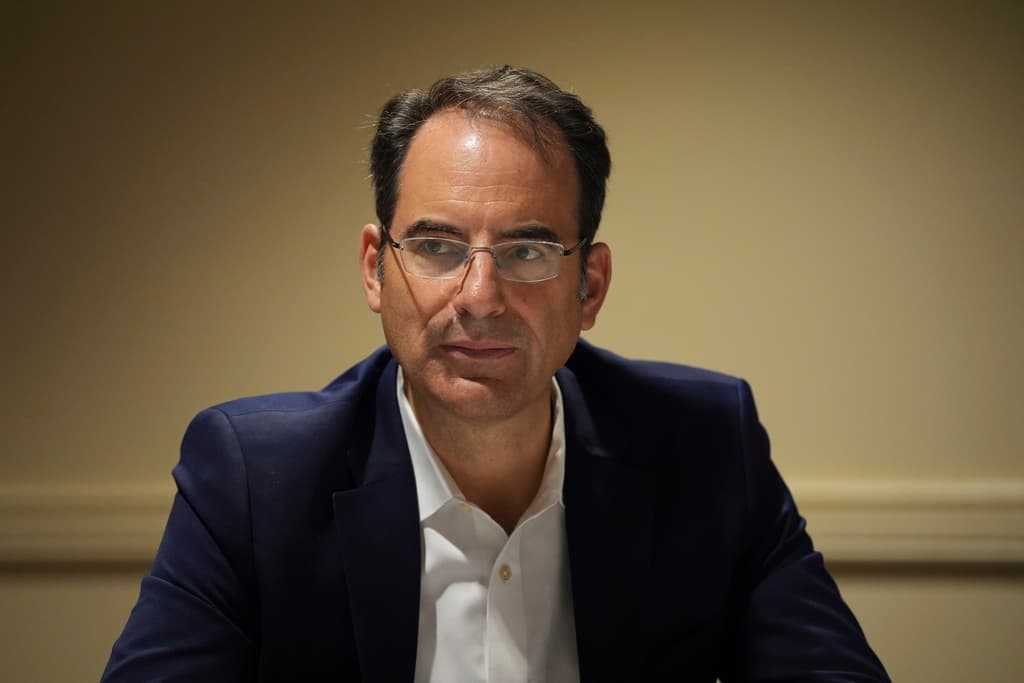
Colorado State Treasurer David Young joined treasurers from multiple states in opposing a merger between grocery chains Kroger and Albertsons in a letter to the Federal Trade Commission’s Bureau of Competition.
“We believe that this merger may have significant adverse effects on the financial well-being of the people of our states,” the letter reads. “We respectfully request that the Federal Trade Commission oppose this merger.”
Young was joined by treasurers from Delaware, Maine, Massachusetts, Nevada, New Mexico and Washington. Kroger owns King Soopers, while Albertsons owns Safeway. Both are popular grocery chains in Colorado.
The seven states noted wages as their primary concern, citing a study by the Economic Policy Institute that found the merger could result in $334 million in lost wages for 746,000 grocery store workers in 50 metro areas across the country. That would equal an average wage decrease of about $450 per year per worker, according to the study.
“The impact on wages would not be limited to employees of Kroger and Albertsons alone,” officials said in the letter. “All grocery store workers in the affected cities would potentially experience suppressed earnings.”
The treasurers also cited concerns over working conditions, workers’ ability to organize and fewer job options by limiting competition.
“A key aspect of successful negotiation lies in the workers' capacity to seek alternative employment options,” the treasurers wrote.
“Workers’ ability to negotiate better pay and working conditions rests on their capacity to switch jobs,” reads the study by the Economic Policy Institute. “By decreasing the number of outside options available to workers, the merger will limit competition for hiring and retaining employees, and grocery store worker earnings will fall as a result.”
They also cited worries over future food accessibility and food deserts.
In an interview with the Denver Post, Kroger CEO Rodney McMullen said his goal — along with Albertsons CEO Vivek Sankaran — is to create jobs and keep prices low.
“No frontline associate will lose their job,” McMullen told the Post in response to criticism from both activists and regulators. “In my whole life, I’ve never ever thought about how to raise a price.”








